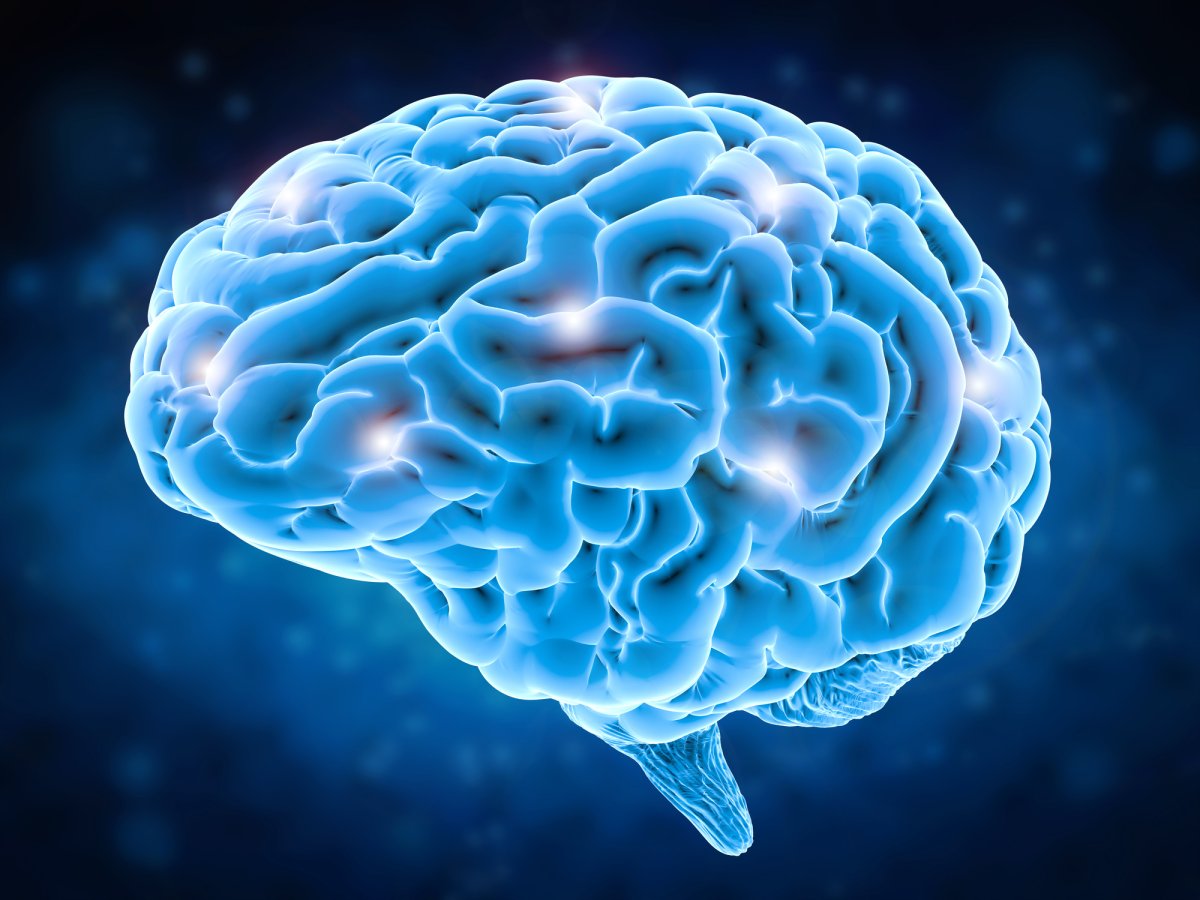What do depression, Alzheimer's disease and autism have in common? Well, according to new research, they may all be underpinned by an increasing level of acidity in our brains.
Scientists have long suspected that our brain chemistry is responsible for many neuropsychiatric and neurodegenerative disorders. However, there is a lot we still don't about the molecular mechanisms behind many of these disorders.
Previous work has suggested that schizophrenia, autism spectrum disorders and bipolar disorder may be associated with increased acidity in the brain, but until now these studies have been small and only focused on specific conditions.
In a new study, published in the journal eLife, a team of 131 researchers from over 100 different laboratories around the world have demonstrated that decreasing pH levels in the brain, or increased acidity, are a common feature of a diverse range of disorders, including depression, epilepsy and Alzheimer's.

The culprit here appears to be increasing levels of a molecule called lactate, which is produced as a waste product of normal metabolism. "Our hypothesis is that hyper-excitations of neurons increase the production of lactate, which is quite acidic, affecting pH in the brain," corresponding author Tsuyoshi Miyakawa, a neuroscience professor at Fujita Health University, told Newsweek. "Hyper-excitability of neurons could be caused by numerous genetic and environmental factors."
Exactly what causes our brains to enter this state of "hyper-excitability" is still unclear, but Miyakawa said that many of these factors may be dependent on our environment and lifestyle. "For example, it is quite likely that some experiences, such as social stress or physical stress (ex. diabetes), are highly likely to cause these physical changes in the brain, that is, a lower pH," Miyakawa said.
It is important to add that this particular study was done in mice, rats and chicks and therefore only acts as a model for human disease. However, a clear association between increased brain lactate levels and impaired working memory was seen across these animal models.
"This is the first and largest systematic study evaluating brain pH and lactate levels across a range of animal models for neuropsychiatric and neurodegenerative disorders," the study's lead author, Hideo Hagihara, also from Fujita Health University, said in a statement. "Our findings may lay the groundwork for new approaches to develop the transdiagnostic characterization of different disorders involving cognitive impairment."
While these results are exciting, there are still many uncertainties about the role of lactate in our brains. Indeed, some studies have actually suggested that it may have a positive impact on certain aspects of our mental health.
"We do not know whether pH/lactate change is good or bad for our mental health. It has been reported that lactate is good in reducing anxiety or in increasing learning and memory ability, but most of these positive effects are found [when lactate levels are increased temporarily]," Miyakawa said. "Chronic upregulation of lactate may possibly have some non-preferable effects [such as those seen here.]"
Exactly how we can control these changing lactate levels is unclear, but certain behaviors and environmental factors can have an impact on the excitability of our neurons. "Alcohol intake is known to increase excitability of the neurons in withdrawal phase and avoiding excessive alcohol intake would be good in counteracting such changes," Miyakawa said.
While many questions remain unanswered, the results open up exciting new treatment avenues for a variety of neuropsychiatric and neurodegenerative disorders. "This research could be a stepping stone towards identifying shared therapeutic targets in various neuropsychiatric disorders," Miyakawa said. "Future studies will center on uncovering treatment strategies that are effective across diverse animal models with brain pH changes. This could significantly contribute to developing tailored treatments for patient subgroups characterized by specific alterations in brain energy metabolism."
Is there a health problem that's worrying you? Do you have a question about neurodegenerative disease? Let us know via health@newsweek.com. We can ask experts for advice, and your story could be featured on Newsweek.
Uncommon Knowledge
Newsweek is committed to challenging conventional wisdom and finding connections in the search for common ground.
Newsweek is committed to challenging conventional wisdom and finding connections in the search for common ground.
About the writer
Pandora Dewan is a Senior Science Reporter at Newsweek based in London, UK. Her focus is reporting on science, health ... Read more
To read how Newsweek uses AI as a newsroom tool, Click here.








